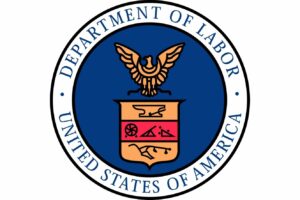The U.S. Department of Labor announced a Notice of Proposed Rulemaking on June 21, 2021, in order to limit the amount of non-tip producing work that a tipped employee can perform when an employer is taking a tip credit.
Key features of the proposed rule are as follows:
- The proposed rule clarifies when an employee is working in a tipped occupation and when a worker has performed such a substantial amount of non-tipped labor that an employer can no longer take a tip credit and must pay the full federal minimum wage to the worker.
- The Fair Labor Standards Act allows employers with tipped workers to pay as little as $2.13 per hour in direct wages, while taking a credit against the tips earned by the employee to make up the balance of the federal minimum wage of $7.25 per hour.
- The proposed rule also clarifies that an employer may only take a tip credit when tipped employees perform labor that is part of their tipped occupation.
- Work considered part of the tipped occupation includes labor that produces tips and labor that directly supports tip-producing work, so long as the employee does not perform it for a substantial amount of time.
- The proposed rule also clarifies that if an employee performs work that directly supports tip-producing work for a substantial amount of time – that exceeds 20 percent of all of the hours worked during the employee’s workweek or exceeds 30 continuous minutes – that worker is no longer performing labor that is part of the tipped occupation.
- The proposal clarifies that the employers may not take a tip credit for work that is not part of the tipped occupation.
Comments are invited by the department from the public on the proposed rule at www.regulations.gov. until Aug. 23, 2021.
*Tanvi Singh, Editorial Assistant has put this story together.

